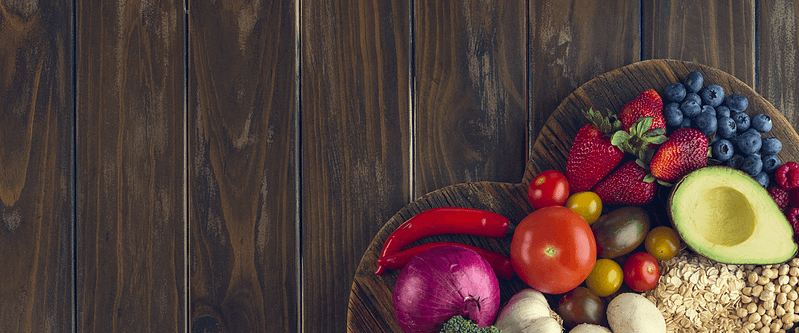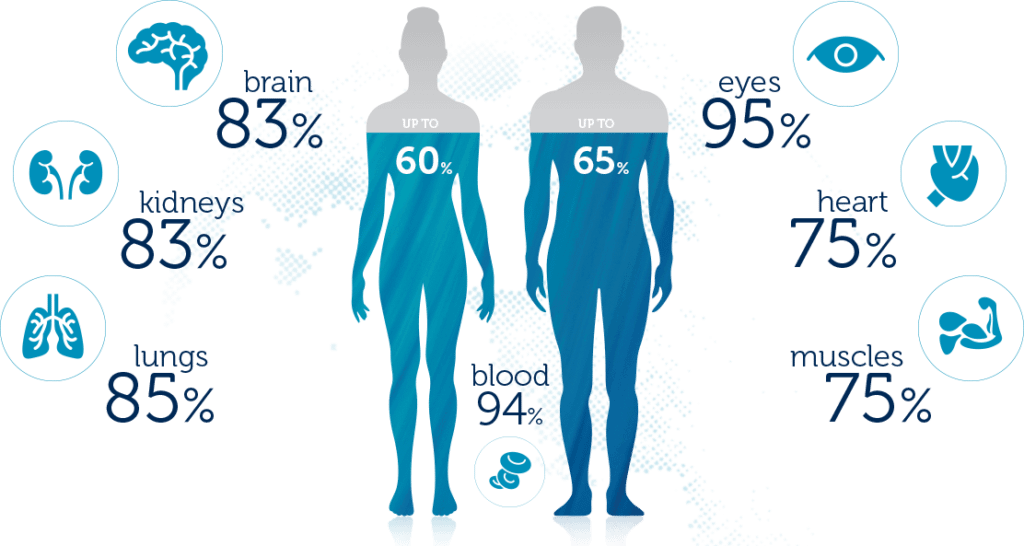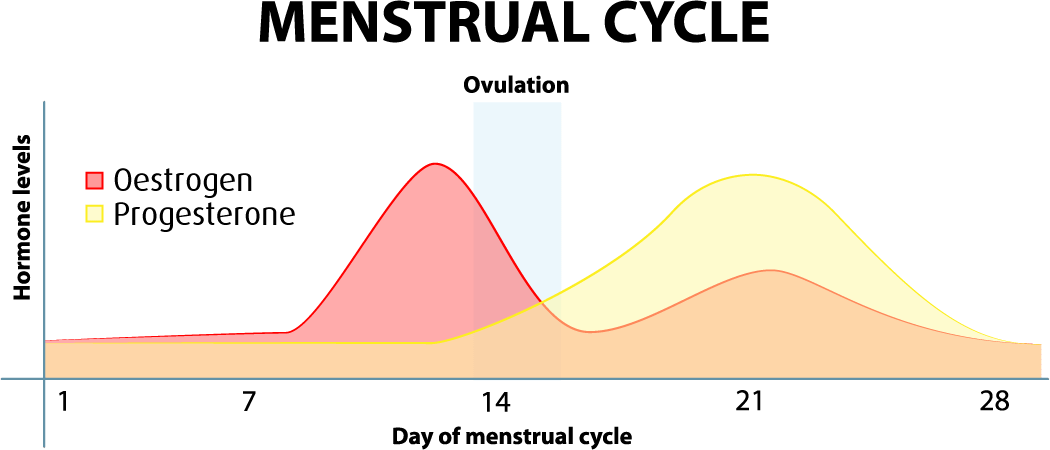It’s rare today to find a person whose life has not been affected by cancer. We all know someone, somewhere, who has battled the disease. If a diagnosis hits close to home, it’s important to learn the most basic nutritional knowledge to help support the body’s immune system and not give the cancer cells fuel for growth. Cancer cells need the perfect environment for growth and tissue invasion to occur. A body that is weakened, immune suppressed, exposed to toxins on a frequent basis, and acidic (caused primarily by low intake of colorful vegetables, high concentrated sugars and processed foods, and is generally dry and dehydrated) is the best foundation for cancer to spread its ugly tentacles.
So many people who’ve been diagnosed with cancer have never been told to stay away from sugars or how to support the fragile immune system that is undergoing chemotherapy or radiation. The purpose of this blog is to give you valuable information as to how best support the body as an adjunct to oncology care.
The best nutritional support to help the body fight cancer comes from eating a variety of whole, organic foods. Bone broth is an excellent way to bulk up the immune system and get protein into the diet. There are many recipes online; try different ones to see which tastes best for you. A variety of vegetables in all the color spectrums will provide key phytonutrients and raise the alkalinity of the body’s pH, all of which is necessary to combat cancer from infiltrating into surrounding tissues and cells. Eat the vegetables raw, steamed, or sautéed to enhance their healing properties. Arugula, bok choy, broccoli, cauliflower, greens, watercress, Brussels sprouts, cabbage varieties, radish and turnips are all excellent cruciferous vegetables as their phytochemical structure contains isothiocyanates, which help break down estrogens in the body.
Mushrooms are especially effective to boost the immune system. The most comprehensive sources for their health benefits include Reishi, Cordyceps, Maitake, Chaga, and Shiitake. There are many more varieties that boost the body’s health, but these have been shown to fight bacteria, viruses and candida; decrease the inflammation response; boost anti-oxidant potential; decrease tumors; help lower blood pressure, cholesterol and blood sugar; strengthen the cardiovascular system, kidneys, liver and lungs; and reduce the stress response.
Eating folate rich foods will boost the mitochondria, which are the powerhouses of the cell, allowing the DNA to be repaired on a daily basis. The best sources for folate are found in leafy green vegetables, dried beans, legumes, peas, asparagus, raw nuts, broccoli, and brewer’s yeast. It’s also important to make sure you are getting enough dietary fiber every day, (read the blog on fiber) since many Americans are deficient in this. Fiber helps to transport fats, toxins, and cholesterol by-products out of the gut. It also helps keep a healthy microbiome balance, necessary for removal of harmful bacteria and viruses, and enhanced absorption and digestion of nutrients.
Stick to low-glycemic fruits, such as apples, berries, and cherries (15 cherries = a serving). The cherries provide defense from inflammatory processes and can help combat acute inflammation. While all the fruits are good, when cancer is present, we must be mindful of the amount of sugars even within fruit sources. That is how sensitive cancer cells are to using sugar, even if it’s from a healthy source! We don’t want to give it any extra fuel. Finally, make sure to try to eat a protein at every meal, 3-4 oz., unless your body requires more or less depending upon your physician’s instruction. Give the body a strong offense through nutrition when it is fighting cancer. Keep a well-rounded diet, and eat as clean as possible. Avoid sugary, refined foods, processed items, and make sure to stay hydrated as well.
Contributed by Terri Caunt R.N., B.S.N.







